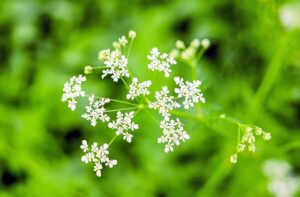
2023 marked a significant milestone for THCA (Tetrahydrocannabinolic Acid) as it gained legal recognition across various European Union countries. The European Industrial Hemp Association's advocacy efforts have shaped the regulatory landscape to acknowledge THCA's potential health benefits, including its non-psychoactive properties and therapeutic effects such as anti-inflammatory and neuroprotective qualities. The EU now allows consumers to access THCA products legally, with a focus on hemp-derived cannabinoids and THCA flower products leading the charge in consumer interest. This regulatory shift reflects emerging scientific research and sets the stage for the industry's expansion within the EU market. THCA, found in hemp extracts and raw cannabis plants, offers a legal alternative to THC for those seeking wellness benefits without psychotropic effects. The EU's evolving framework allows for the cultivation, sale, and consumption of hemp flowers containing less than 0.2% THC, providing a clear pathway for consumers to engage with these products responsibly. It's important for individuals to stay informed about the specific laws in their respective EU countries to ensure compliance, as the legal status of THCA products varies across member states. Consumers are encouraged to choose reputable suppliers and products that have undergone third-party lab testing to guarantee safety and quality. As legislation is subject to change, keeping up with policy updates is crucial for those interested in the therapeutic potential of THCA within the legal boundaries set by the EU.
Exploring the burgeoning landscape of hemp-derived cannabinoids, this article sheds light on THCA flower and its rising popularity within legal frameworks across the European Union. Delving into the potential health advantages of THCA, a non-psychoactive compound found in hemp, we uncover scientific insights into its effects and interactions with the human body. As THCA gains recognition for its wellness properties, understanding its legality becomes paramount for EU residents. This piece navigates the complex legalities surrounding THCA flower in various EU countries, offering guidance on how to responsibly source and consume this promising plant compound.
- Unveiling THCA Flower: The Emergence of Legal Hemp-Derived Cannabinoids in the EU
- THCA Flower Benefits: A Deep Dive into Potential Health Advantages
- The Science Behind THCA: Understanding Its Effects and Interactions
- Navigating Legalities: THCA Flower Compliance in European Union Countries
- Cultivation and Consumption: How to Source and Enjoy THCA Flowers Legally in the
Unveiling THCA Flower: The Emergence of Legal Hemp-Derived Cannabinoids in the EU
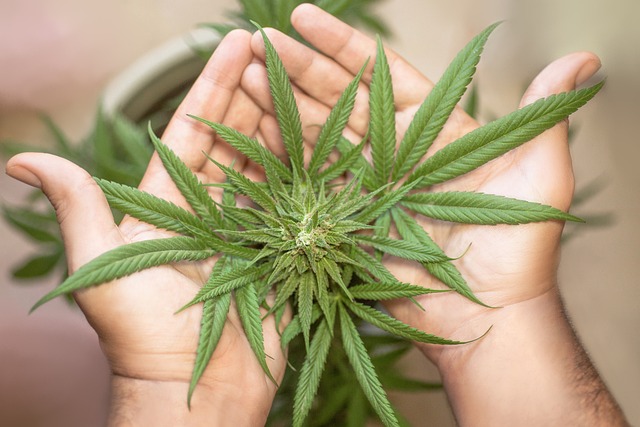
2023 has marked a pivotal moment for THCA (Tetrahydrocannabinolic Acid), as its legal status in various EU countries has opened new horizons for hemp-derived cannabinoid products. The European Industrial Hemp Association has been instrumental in advocating for the recognition of THCA’s potential benefits, leading to a shift in regulatory perspectives. As a result, consumers across Europe are now able to explore the wellness properties of THCA legally. Unlike its psychoactive counterpart THC (Tetrahydrocannabinol), THCA is non-intoxicating and is found in raw cannabis plants or hemp extracts. Its emergence in the legal EU market has sparked curiosity and excitement among wellness enthusiasts, as preliminary research suggests that THCA may offer a range of therapeutic effects without the psychotropic side effects typically associated with cannabis. The EU’s regulatory evolution is aligning with a growing body of scientific literature that highlights the potential health benefits of THCA, including its anti-inflammatory and neuroprotective properties. As such, the hemp-derived cannabinoid industry within the EU is poised for significant growth, with THCA flower products at the forefront of innovation and consumer interest. This shift not only reflects a broader acceptance of cannabis derivatives but also signals a new era in the utilization of hemp’s diverse cannabinoid profile for wellness applications.
THCA Flower Benefits: A Deep Dive into Potential Health Advantages
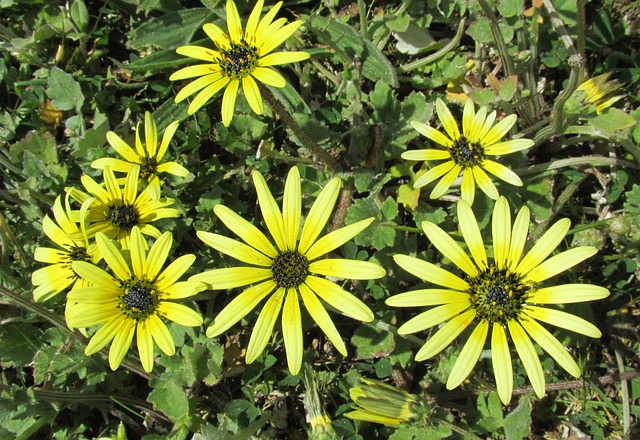
THCA, or Tetrahydrocannabinolic Acid, is a non-psychoactive cannabinoid found in hemp and cannabis plants. As researchers delve into its potential health advantages, interest in THCA-rich products has grown, particularly within the context of EU regulations where certain forms of hemp-derived cannabinoids are legal. THCA is revered for its therapeutic properties, which include anti-inflammatory, neuroprotective, and potentially anti-cancer effects, as evidenced by various preclinical studies. Unlike its psychoactive counterpart THC, THCA does not induce a high, making it an attractive option for individuals seeking wellness benefits without psychoactive influence.
The legal landscape in EU countries has become more nuanced, with many nations permitting the cultivation, sale, and consumption of hemp flowers containing no more than 0.2% THC on a dry weight basis. This legal clarity has paved the way for a burgeoning market where consumers can access THCA flower, a product that is rich in this cannabinoid and other beneficial compounds like terpenes and flavonoids. Proponents of THCA flowers highlight their potential to alleviate symptoms of various conditions, including chronic pain, inflammation, and anxiety. As such, THCA flower is increasingly being explored as a natural remedy with promising benefits for health and well-being, within the bounds of legality across EU member states.
The Science Behind THCA: Understanding Its Effects and Interactions
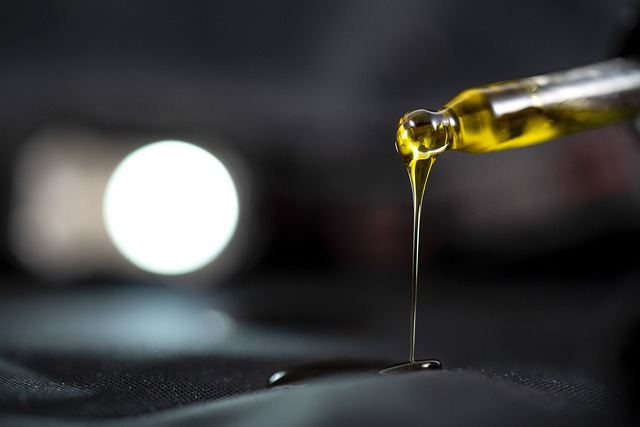
Delta-9-tetrahydrocannabinolic acid (THCA) is a naturally occurring compound found in the cannabis plant that has garnered significant attention due to its potential therapeutic properties. While THC, its decarboxylated form, is well-known for its psychoactive effects, THCA itself remains non-psychoactive and interacts with the body’s endocannabinoid system through its two primary receptors, CB1 and CB2. Research has indicated that THCA may offer a range of benefits including anti-inflammatory, anti-nausea, anti-emetic, and neuroprotective effects without the psychoactive side effects associated with THC. Scientists hypothesize that these beneficial properties stem from its interaction with various molecular pathways that regulate pain, inflammation, and other physiological processes.
As of my knowledge cutoff in 2023, THCA’s legal status varies across the European Union (EU). In some member states, products containing THCA are permitted provided they adhere to strict regulatory frameworks, including THC content limits. The legal landscape is complex and subject to change, as EU countries implement the 2017 World Health Organization (WHO) recommendations that encourage members to distinguish between CBD and other cannabinoids, recognizing their different risks and uses. This distinction allows for a more nuanced approach to regulating cannabinoid products, including those containing THCA, within the EU. Consumers interested in the potential benefits of THCA are encouraged to verify its legal status within their specific jurisdiction before use, as laws and regulations can evolve rapidly. Understanding the legal context is crucial for responsible consumption and ensuring compliance with local laws.
Navigating Legalities: THCA Flower Compliance in European Union Countries
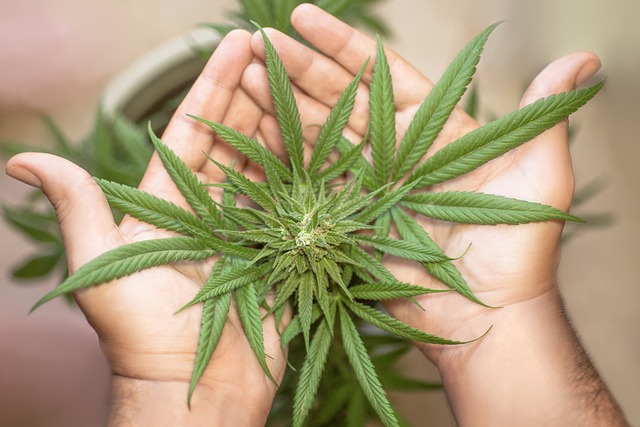
Navigating the legal landscape of THCA flower usage within the European Union requires a nuanced understanding of each member state’s regulations due to varying laws across different countries. The acronym THCA stands for Tetrahydrocannabinolic Acid, which is a non-psychoactive cannabinoid found in the Cannabis sativa plant. It is often converted to THC (Tetrahydrocannabinol) when heated, but due to its non-intoxicating nature, it has garnered attention for its potential therapeutic properties. As of recent updates, certain EU countries have legalized the use of THCA flowers under specific conditions, recognizing them as a source of wellness and health benefits.
In 2019, the European Court of Justice ruled that hemp-derived cannabinoids, including THCA, could be legally sold across the EU provided they contain no more than 0.2% THC content. However, the legal status of THCA flowers varies significantly from one EU country to another. For instance, countries like Austria, Germany, and Italy have established regulatory frameworks allowing for the sale and use of THCA-rich hemp products for industrial, medicinal, or research purposes. On the other hand, in countries with stricter regulations, such as France and Sweden, possession and use of THCA flowers remain prohibited unless approved for medical reasons by a healthcare provider. It is imperative for consumers to be well-versed in their respective national laws before purchasing or using THCA flowers to avoid legal repercussions. Always verify the most current regulations within your jurisdiction as legal statuses can evolve rapidly with new legislative changes.
Cultivation and Consumption: How to Source and Enjoy THCA Flowers Legally in the
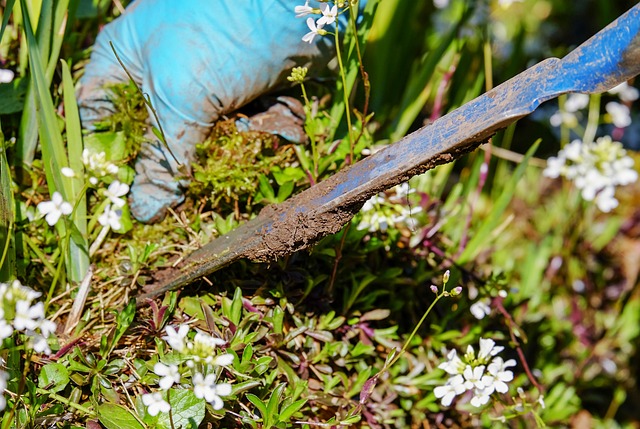
THCA (Tetrahydrocannabinolic Acid) flowers, a precursor to THC (Tetrahydrocannabinol), have garnered attention for their potential health benefits and medicinal properties. As of the latest regulations, certain EU countries have legalized the cultivation, possession, and consumption of THCA flowers, paving the way for consumers to legally source and enjoy these products. In these regions, careful consideration must be given to the specific laws that govern cannabis products, as they can vary significantly from one country to another within the EU. For instance, in countries like The Netherlands, Italy, and Germany, there are established frameworks that allow for the legal cultivation of hemp strains rich in THCA, which can then be processed into flowers for therapeutic or recreational use. Consumers interested in sourcing THCA flowers should seek out reputable suppliers who comply with local regulations and provide third-party lab test results to ensure product safety and efficacy. Additionally, it’s crucial to stay informed about the evolving legal landscape, as policies can change and may affect the legality of possessing or using THCA products. By understanding the legalities and responsibly engaging in the use of THCA flowers, individuals can fully appreciate their potential benefits within the scope of the law in various EU countries.
THCA (Tetrahydrocannabinolic Acid) flower, a non-intoxicating cannabinoid found in hemp, has garnered significant attention within the EU as a potentially beneficial addition to health and wellness routines. This article has explored its emergence, legal status, and the science behind its effects, revealing a promising landscape for THCA flower benefits. As THCA becomes more regulated and understood, its availability as a legal option in various EU countries is set to expand, offering individuals an alternative to other cannabinoids with intoxicating properties. The potential health advantages of THCA are compelling, with ongoing research continuing to shed light on its therapeutic applications. As the legalities surrounding THCA flower become more navigable, consumers can look forward to incorporating this natural compound into their lifestyles, supported by clear compliance guidelines and reputable sources for high-quality products.

